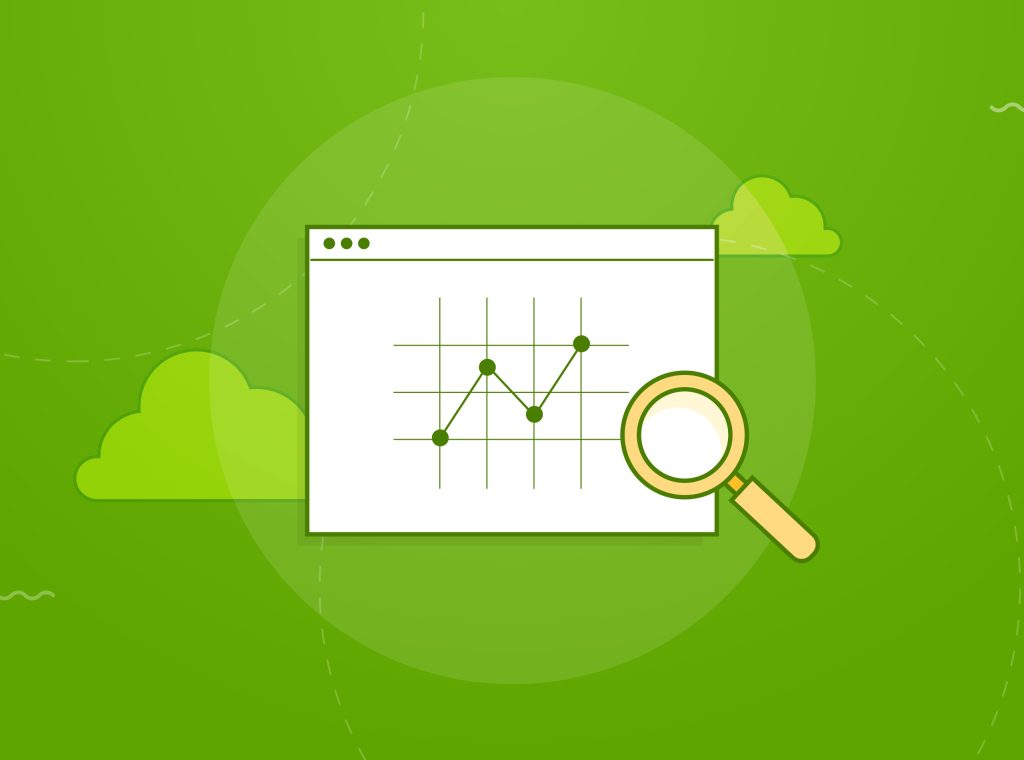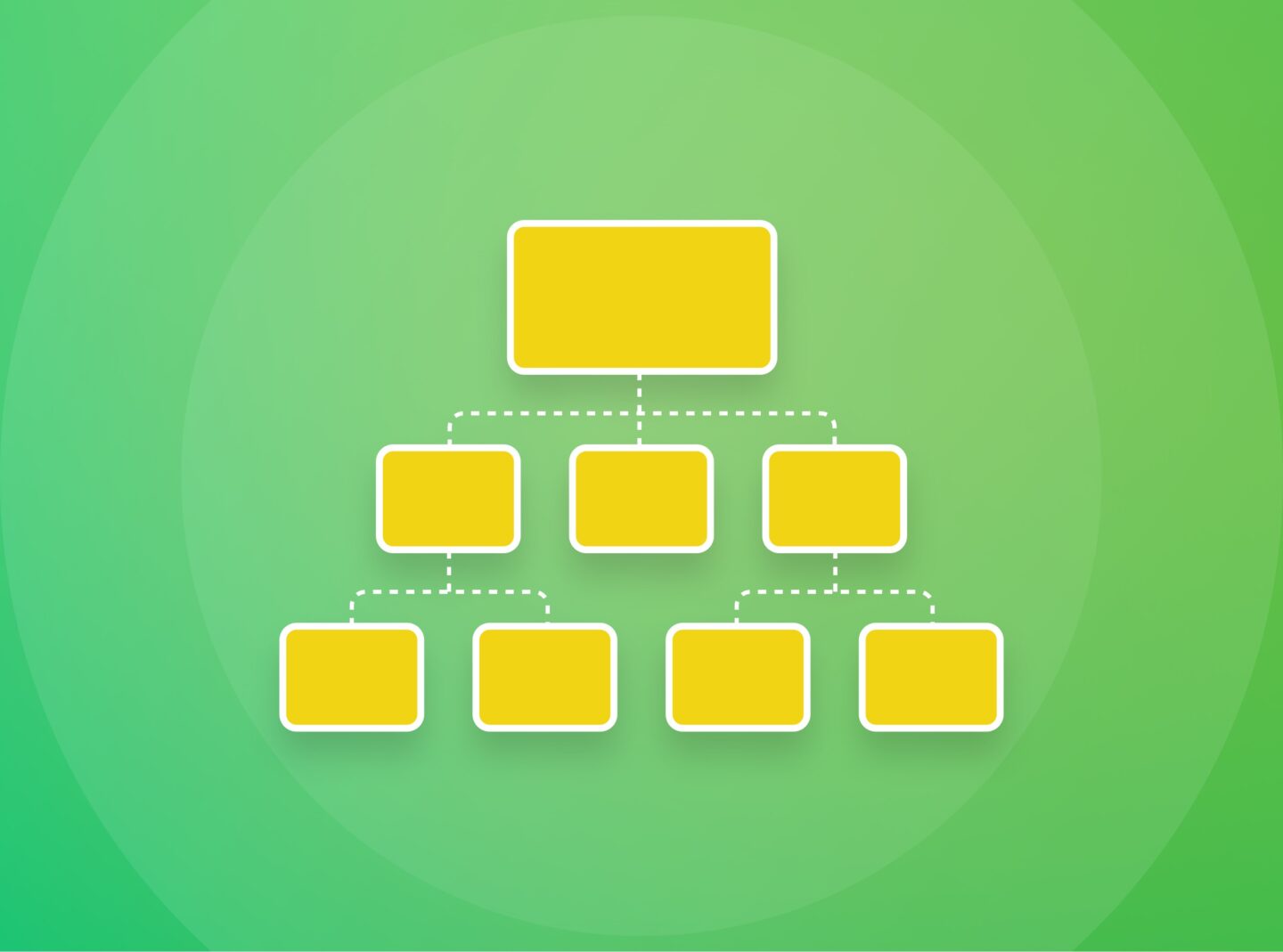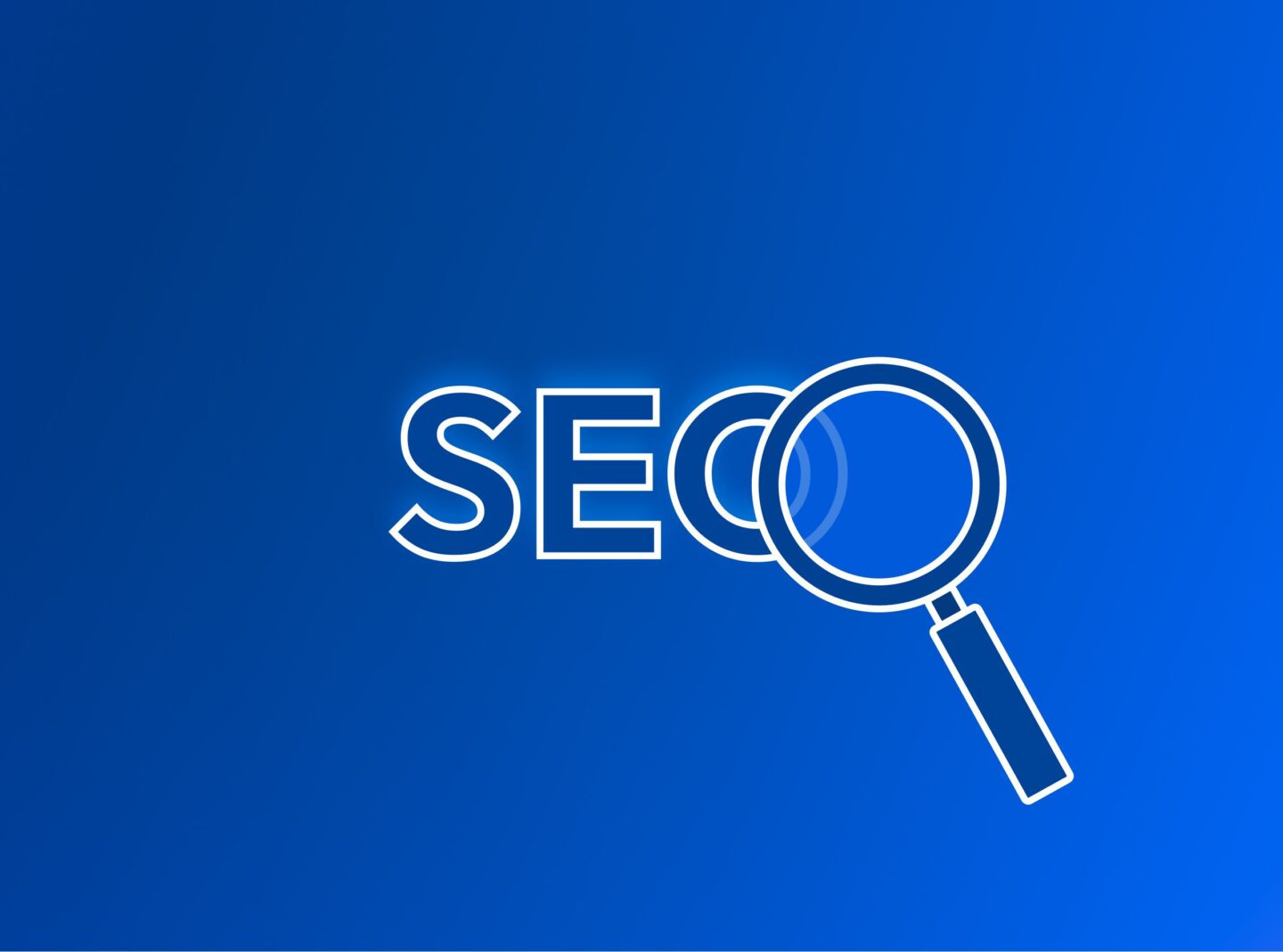SEO (Search Engine Optimization) is one of the most crucial factors in website development. What is the value of a website if only a small number of people can find it through search engines? We all know that users open results mainly from the first results page and especially on the first results. Who wouldn’t need to improve the website’s visibility to a broader audience? All these questions lead to the result of the requirement to take the SEO of your website seriously. SEO includes both on-page and off-page techniques. In this article, we will look into the basic SEO techniques to help you improve your website’s ranking.
What does on-page SEO mean?
On-page SEO involves optimizing the page’s content with actions directly on the web page. This encloses parts such as headings, images, and meta tags, to make it more attractive and help search engines, like Google, understand what the page is about. Let’s see below the most essential practices.
7 most critical on-page SEO techniques
1. Optimizing title tags: The post or page title tag is what the search engines can read and understand from your website. It is the text that appears in the search engine results pages (SERPs) as the title of a webpage. It should be distinct, informative, and contain the appropriate keywords.
2. Meta descriptions: The meta description is the summary text seen under the title in the search results. It should also be unique, contain the right keywords, and be catchy.
3. Heading tags: Heading tags (H1, H2, H3, etc.) structure a webpage’s content and signal the information hierarchy to search engines. The H1 tag should be used for the main title of the webpage, and the H2 and H3 tags for subheadings in the correct order. For example, if a heading within a paragraph already has a heading, the heading tag for the internal heading should be smaller than the main heading.
4. Content quality: The content of a webpage should be high-quality, informative, and relevant to the topic. It should also include relevant keywords, be regularly updated, and avoid plagiarism.
5. URL structure: URLs should be easy to read, include relevant keywords, and be structured in a logical hierarchy.
6. Alt text: Alt text describes images and other non-textual elements on a webpage. It should be clarifying and include the appropriate keywords.
7. Internal linking: The method to link related pages within the website. Internal linking makes it easier for search engines to understand the structure and hierarchy of the website and makes it easier for users to navigate.
What does off-page SEO mean?
Off-page SEO includes all the practices implemented externally to the website to improve its ranking in SERPs. Everything that you can do and is not related to the website code or content. It mainly relates to your brand presence and reputation on other websites and platforms. Now it’s time to check the off-page SEO strategies more precisely.
5 most critical off-page SEO techniques
1. Backlink building: Building high-quality, relevant backlinks from other websites is one of the most important off-page SEO tactics. The more high-quality websites that link to your website, the more likely it is to rank higher in the SERPs and enhance its reputation for high quality. Furthermore, it is imperative to substitute any broken link building with the appropriate hyperlinks that direct to your website.
2. Social media marketing: A strong presence on social media platforms can help increase brand awareness, drive traffic to your website, and improve your search engine rankings. This also includes the significance of creating a complete Google My Business profile for your brand.
3. Online reputation management: Monitoring and addressing negative mentions, reviews, and testimonials about your brand is crucial for maintaining a positive reputation and search engine visibility.
4. Influencer Outreach: Building relationships with influencers in your industry can help increase your brand’s visibility and credibility and bring referral traffic to your website.
5. Guest blogging: Writing and publishing high-quality content on other websites can help establish your brand as a thought leader and bring referral traffic to your website. This could be in blog posts, articles, infographics, and videos with a link to your website.
Should we combine both on-page and off-page SEO techniques?
The short answer is a big Yes! Using both off-page SEO and on-page SEO simultaneously can help to improve your page rank for several reasons. That said, a comprehensive SEO strategy that includes both strategies can help improve your website’s overall user experience, which is an important ranking factor for search engines.
Also, both methods are interrelated; on-page SEO techniques and technical SEO help to make the website technically sound, easy to crawl, readable, and relevant for the users, whereas off-page SEO helps to increase the website’s visibility, authority, and popularity.
Last but not least, it’s important to note that search engines are constantly evolving. Therefore it’s essential to keep up with the latest trends, algorithms, and SEO best practices to achieve and maintain a good search engine ranking.



